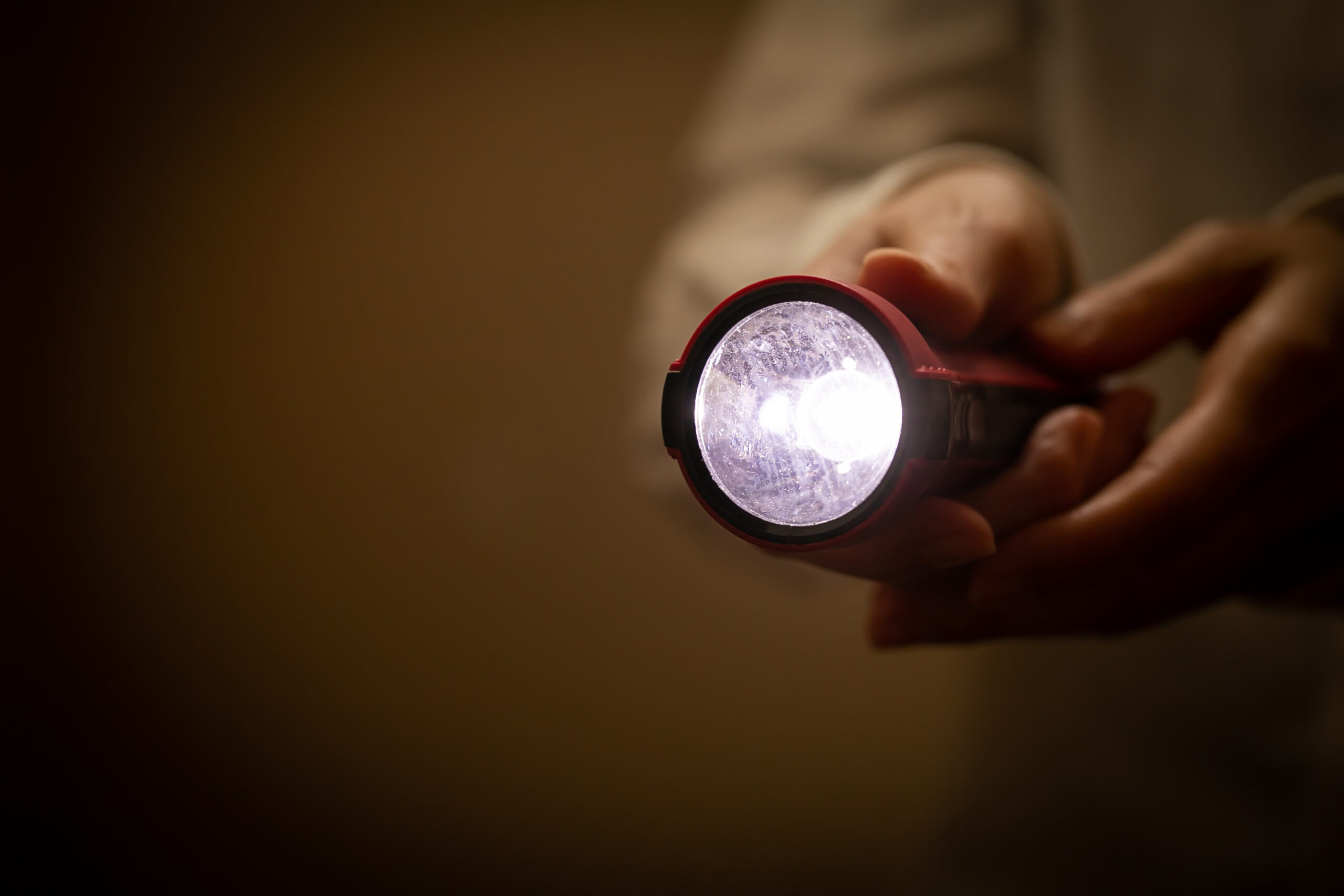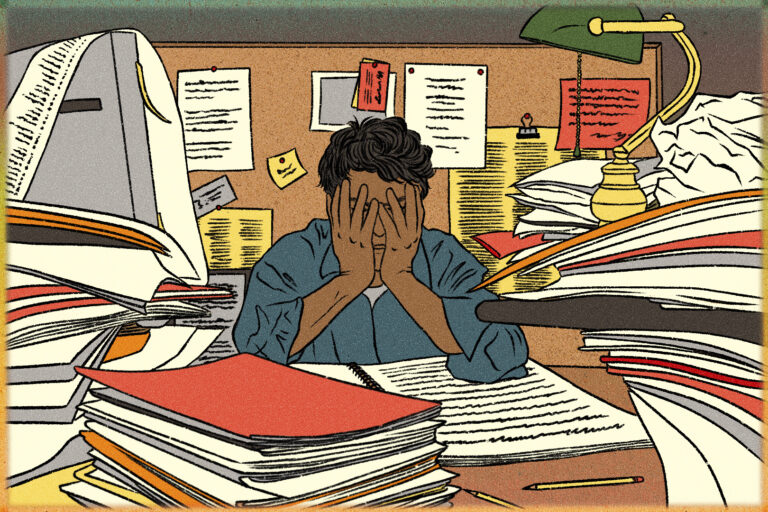
Power outages are becoming more frequent across the U.S., and with them come plenty of risks.
While a short stop in power to homes can often have negligible effects, prolonged power outages can be a serious risk. A power outage may disrupt communications, water supply and transportation systems. It can also lead to the closure of grocery stores, gas stations, banks and other essential services. A blackout can also mean food and medication spoilage, and it can be particularly dangerous for those with health conditions that require electricity for treatment.
In December, the North American Electric Reliability Corporation reported that waning infrastructure could not keep up with demand. Climate change is also fueling the frequency of power outages: More frequent and severe weather events—such as hurricanes, wildfires, heat waves and winter storms—damage power lines and equipment.
On May 2, Secretary of the Interior Doug Burgum warned that Americans might face large-scale power outages this summer, blaming the Biden administration for putting “our grid at such risk.”
His comments came shortly after almost all of Spain and Portugal suffered long power blackouts in late April that not only disrupted homes but national infrastructure.
According to the U.S. Department of Homeland Security, there are several steps one can take to prepare for a power outage.

GETTY
Preparing for a Power Outage
Start by making a list of any essential items in your home that require electricity. Plan ahead by securing batteries and alternative power sources, such as portable chargers or power banks, to keep critical devices operational during an outage.
Ideally, each household member would have a flashlight handy.
Managing Medications
Consult your health care provider about how to handle power outages if you use medical devices that require electricity or medications that need refrigeration. Ask how long your medications can safely be stored at higher temperatures, and request specific instructions for managing any critical, life-sustaining prescriptions.
If your power source is out for more than one day, dispose of any medication that should be refrigerated, unless the drug’s label says otherwise. Get in touch with your doctor or pharmacist as soon as possible to replace lost medications.
Using Appliances Safely During Power Outages
The DHS recommends installing carbon monoxide detectors with battery backup on each level of your home, especially in central areas. Never use gas stoves, ovens, charcoal grills or camp stoves indoors as they can release dangerous fumes.
If you have a generator, always operate it outdoors and keep it at least 20 feet away from windows and doors.
To prevent damage when power is restored, unplug or turn off electronic devices and appliances as electricity can return with power surges.
Storing Food and Water
Generally keeping a good stock of nonperishable food items and enough water for your household is advised as power outages can often be unpredictable. In the case of a natural disaster, a blackout can also last for days.
When a power outage strikes, keep refrigerator and freezer doors closed as much as possible. Refrigerated food typically remains cold for about four hours, while a full freezer can maintain its temperature for up to 48 hours. Place a thermometer inside your fridge and freezer to monitor temperatures, and discard any food that reaches 40 degrees Fahrenheit or higher or begins to smell or look inedible.
If you can, use coolers and ice to preserve perishable items as needed.




